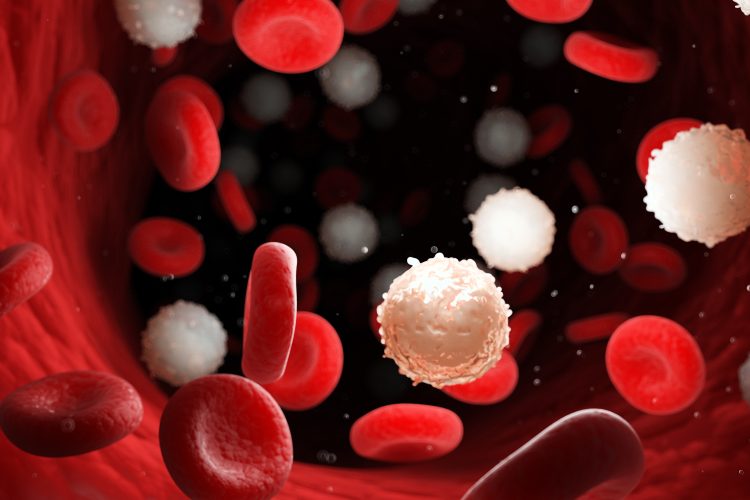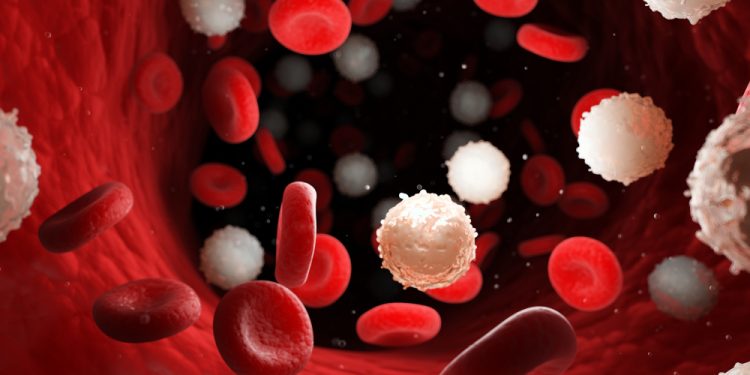A new dual CAR-T cell therapy targeting two tumour-specific proteins in T-cell Acute Lymphoblastic Leukaemia (T-ALL) has been developed – meaning effective treatment for this aggressive blood cancer could soon become a reality.

Researchers at the Josep Carreras Leukaemia Research Institute, working alongside the Aragon Health Research Institute and biotech firm OneChain Immunotherapeutics, have announced a new dual CAR-T cell therapy that successfully targets T-cell Acute Lymphoblastic Leukaemia (T-ALL) – a severe form of blood cancer.
A tough target in blood cancer
T-ALL effects both children and adults and is characterised by the uncontrolled proliferation of immature T-lymphocytes – white blood cells that normally help defend the body against infections and cancer. While more than 80 percent of children recover with treatment – adults face a much tougher prognosis, with cure rates around 40 percent and a high risk of relapse following chemotherapy.
Immunotherapy – particularly CAR-T cell therapy – has advanced the treatment of several blood cancers. However, T-ALL remains difficult to treat because the Tcells used in CAR-T therapy are the same cells that turn cancerous. This overlap makes it challenging to target and eliminate tumour cells without triggering a self-destructive response.
A dual marker discovery
Now, a team led by Dr Pablo Menéndez has identified two proteins – CD1a and CCR9 – that are present in the leukaemic cells of most T-ALL patients – but largely absent in healthy T-cells and other body tissues.
This key finding, published in Journal of Hematology and Oncology, has enabled the development of a dual CAR-T cell therapy that specifically targets these markers.
Broad efficacy and enhanced safety
Laboratory tests of the dual-targeted CAR-T therapy showed real promise. The engineered T-cells were able to destroy cancer cells expressing CD1a, CCR9, or both, increasing the therapy’s effectiveness across diverse T-ALL subtypes.
The engineered T-cells were able to destroy cancer cells expressing CD1a, CCR9, or both, increasing the therapy’s effectiveness across diverse T-ALL subtypes.
The ability to target two antigens simultaneously makes this therapy significantly more effective than those focusing on only one. It also increases the potential for treating patients whose cancer cells may differ in protein expression.
Most importantly, the new therapy demonstrated a strong safety profile in preclinical studies. The dual CAR-T cells avoided attacking healthy T-cells, other bone marrow cells, or themselves – a common problem with earlier attempts.
A step closer to clinical use
This research brings the development of the first effective CAR-T cell therapy for T-ALL closer to clinical trials. By achieving selective targeting and high efficacy – this approach offers adults – who have limited options – the possibility of new treatments in the future.
